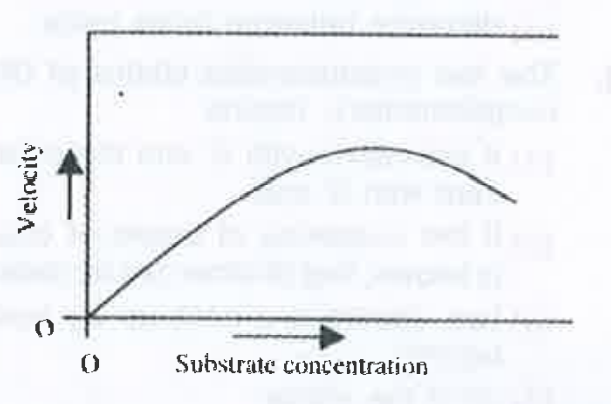Discuss the effect of concentration and temperature on reaction rates.
Step by step video & image solution for Discuss the effect of concentration and temperature on reaction rates. by Chemistry experts to help you in doubts & scoring excellent marks in Class 12 exams.
Updated on:21/07/2023Topper's Solved these Questions
- CHEMICAL KINETICSBOOK - ICSECHAPTER - CHEMICAL KINETICSEXERCISE - ISC EXAMINATION QUESTIONS (PART-I (OBJECTIVE QUESTIONS ) A.FILL IN THE BLANKS)
12 Videos
- CHEMICAL KINETICSBOOK - ICSECHAPTER - CHEMICAL KINETICSEXERCISE - ISC EXAMINATION QUESTIONS (PART-I (OBJECTIVE QUESTIONS ) B .COMPLETE THE FOLLOWING STATEMENTS BY SELECTING THE CORRECT ALTERNATIVE FROM THE CHOICES GIVEN :)
21 Videos
- CHEMICAL KINETICSBOOK - ICSECHAPTER - CHEMICAL KINETICSEXERCISE - EXERCISE (PART- II (DESCRIPTIVE QUESRTIONS) B. SHORT ANSWER QUESTIONS )
119 Videos
- BIOMOLECULESBOOK - ICSECHAPTER - BIOMOLECULESEXERCISE - ISC EXAMINATION QUSTIONS (PART-I)(DESCRIPTIVE QUESTIONS)
21 Videos
- CHEMISTRY IN EVERYDAY LIFEBOOK - ICSECHAPTER - CHEMISTRY IN EVERYDAY LIFEEXERCISE - EXERCISE (PART - II (DESCRIPTIVE QUESTIONS) (LONG ANSWER QUESTIONS))
19 Videos
Similar Questions
A: Coenzymes are usually proteins
R:The term feedback refers to the effect of enzyme concentration on its rate of reaction.
View SolutionWhat does the graph indicate ?
The graph given below shows the effect of substrate concentration on the rate of reaction of the enzyme green- gram-phos-phatase.

View SolutionDiscuss the effect of temperature on the rate of a reaction.
View SolutionWhat is the effect of catalyst on the rate of reaction ?
View SolutionWhat is the effect of catalyst on the rate of reaction ?
View SolutionWhat is the effect of catalyst on the rate of reaction ?
View SolutionDiscuss the effect of temperature on the spontaneity of a process.
View SolutionDiscuss the effect of temperature on the equilbrium constant. How does it change for (a) exothermic reaction (b) endothermic reaction (c) reaction having zero heat of reaction?
View SolutionArrhenius studies the effect of temperature on the rate of a reaction and postulted that rate constant varies with temperature exponentially as k=AeEa/RT . Thuis method is generally used for finding the activation energy of a reaction. Keeping temperature constant, the effect of catalyst on the activation energy has also been studied.
If the rate of reaction doubles for 10∘C rise of temperature form 290K to 300K, the activation energy of the reaction will be approximately :
View SolutionThe Arrhenius equation expressing the effect of temperature on the rate constant of a reaction is given as
View Solution
